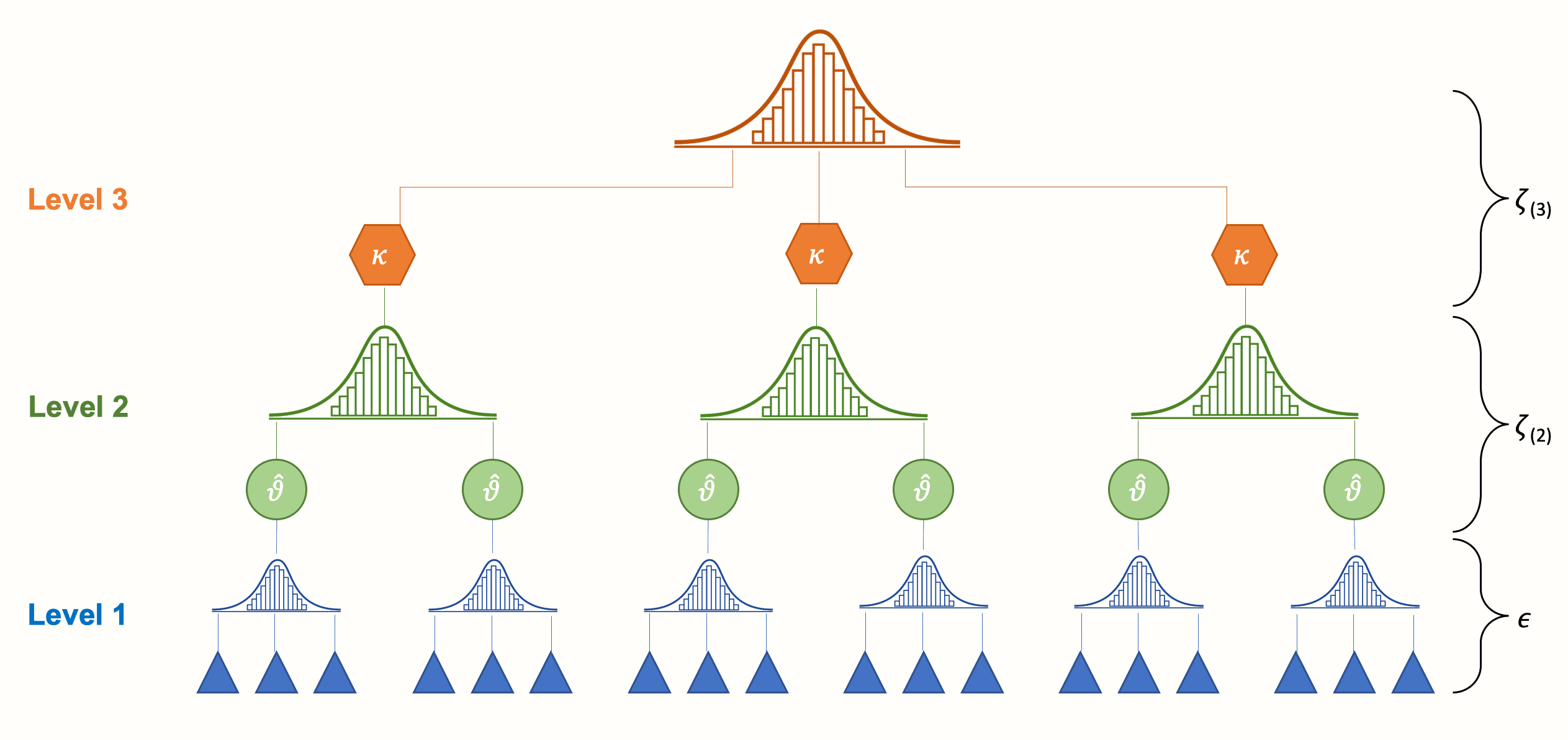Understanding the Costs of Full House Remodeling
Embarking on a full house remodel is an exciting endeavor that promises to breathe new life into your living space. However, before diving headfirst into this ambitious project, it’s crucial to have a comprehensive understanding of the costs involved. From materials and labor to unexpected expenses, here’s a detailed look at the key considerations for budgeting your full house remodel.
Initial Budget Assessment
The first step in planning your full house remodel is to conduct an initial budget assessment. Consider factors such as the size of your home, the scope of the renovation, and your desired level of finishings. Take into account any structural changes, such as adding square footage or removing walls, as these can significantly impact your overall budget. By establishing a realistic budget from the outset, you’ll have a clear roadmap for your remodeling project.
Material Costs
Material costs will likely comprise a significant portion of your full house remodel budget. From flooring and cabinetry to fixtures and appliances, the quality and type of materials you choose will directly impact your expenses. Consider both the upfront cost and long-term durability of materials to ensure you’re making wise investment decisions. Additionally, factor in any delivery fees, taxes, or shipping costs associated with sourcing materials.
Labor Expenses
Labor expenses are another essential component of your full house remodel budget. Depending on the complexity of your project, you may need to hire a team of professionals, including architects, designers, contractors, and subcontractors. Labor costs can vary widely depending on the skill level and experience of the individuals involved, as well as the prevailing market rates in your area. Be sure to obtain multiple quotes and thoroughly vet potential contractors to ensure you’re getting fair pricing.
Permit and Inspection Fees
Obtaining the necessary permits and undergoing inspections are essential steps in any full house remodel. Depending on the scope of your project and local regulations, you may need permits for structural changes, electrical work, plumbing upgrades, and more. Be sure to budget for permit fees, as well as any associated inspection costs. Failure to obtain the proper permits can result in fines, delays, and even legal issues down the line.
Contingency Fund
No matter how meticulously you plan your full house remodel, unexpected expenses are bound to arise. To account for these unforeseen costs, it’s wise to set aside a contingency fund of around 10-20% of your total budget. This buffer can help cover expenses such as additional materials, change orders, unforeseen structural issues, and project delays. Having a contingency fund in place will provide peace of mind and ensure you’re prepared for any surprises that may arise during the remodeling process.
Timeline Considerations
In addition to budgetary concerns, it’s essential to consider the timeline for your full house remodel. Depending on the scope of work, your project may take several weeks or even months to complete. Factor in any time-sensitive considerations, such as upcoming events, holidays, or family commitments, when scheduling your remodel. Be sure to communicate your timeline expectations clearly with your contractor to ensure everyone is on the same page.
Cost-Saving Strategies
While full house remodeling can be a significant investment, there are several cost-saving strategies you can employ to keep expenses in check. Consider options such as repurposing existing materials, tackling some DIY projects, and shopping around for the best deals on materials and labor. Additionally, prioritize your remodeling goals to focus on the areas that will provide the most value and enjoyment for your budget.
Finalizing Your Budget
Once you’ve considered all the factors above, it’s time to finalize your full house remodel budget. Review your estimates, prioritize your spending, and make any necessary adjustments to ensure your project remains within your financial means. Remember to be flexible and adaptable as the remodeling process unfolds, and don’t hesitate to consult with professionals if you have any questions or concerns along the way.
Monitoring Expenses
Throughout the remodeling process, it’s essential to keep a close eye on your expenses and monitor your budget carefully. Track your spending, document all receipts and invoices, and regularly review your budget to ensure you’re staying on track. If you encounter unexpected expenses or changes to your project scope, be proactive in addressing them and adjusting your budget accordingly. By maintaining clear communication with your contractor and staying organized, you can navigate your full house remodel with confidence and achieve the home of your dreams. Read more about full house remodel cost





